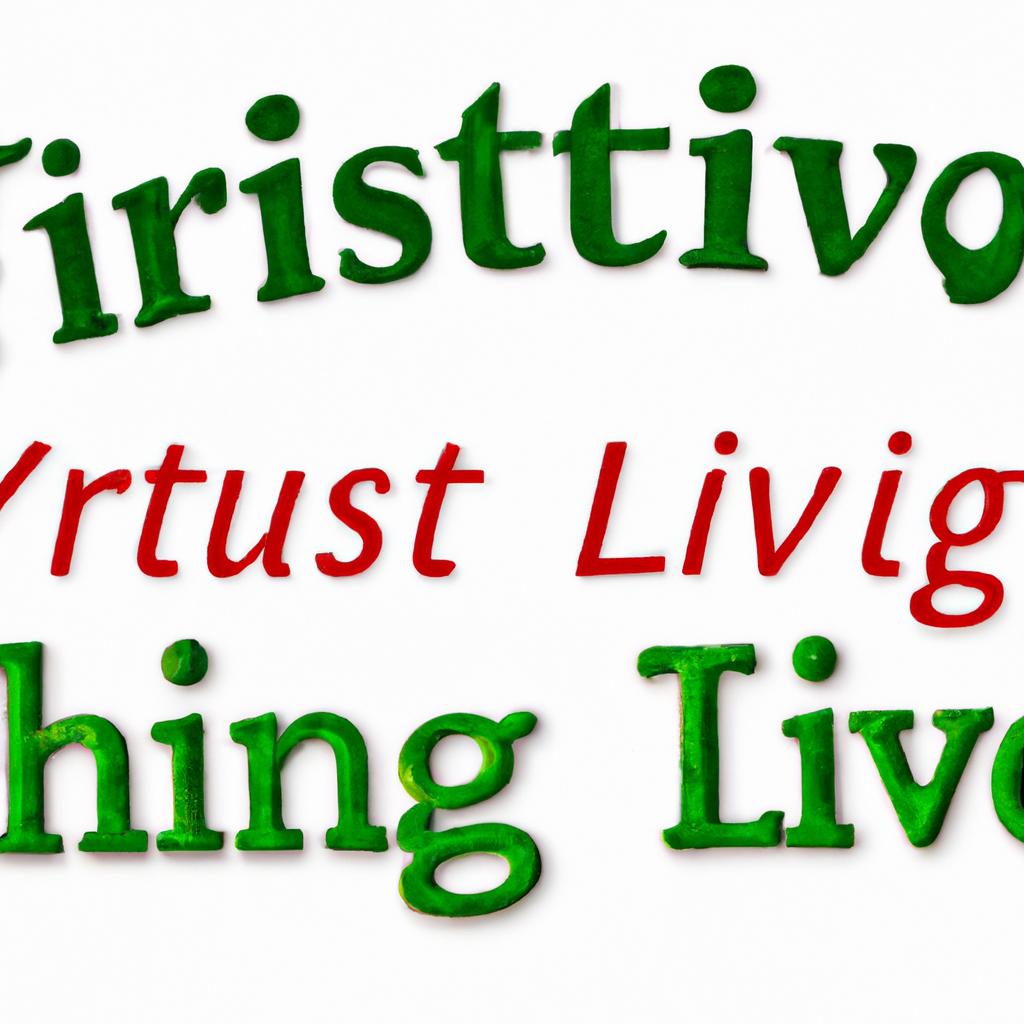As practitioners in the realm of estate planning and trust administration, discerning the nuanced dissimilarities between living and revocable trusts is paramount in effectively safeguarding our clients’ assets and carrying out their wishes seamlessly. In this article, we delve into the intricacies of these two commonly utilized trust vehicles, shedding light on their distinctive features and benefits. Join us as we navigate the maze of estate planning intricacies, unveiling the key distinctions between living and revocable trusts to equip you with the knowledge needed to make informed decisions for the preservation and distribution of your assets. Welcome to Morgan Legal Group, where expertise meets passion in the fields of probate, elder law, and trusts.
Living Trust vs. Revocable Trust: Understanding the Fundamental Differences
When it comes to estate planning, understanding the differences between a living trust and a revocable trust is crucial in ensuring your assets are protected and distributed according to your wishes. Both types of trusts offer distinct benefits and considerations that individuals should carefully weigh before making a decision. Below, we will break down the fundamental dissimilarities between a living trust and a revocable trust to help you make an informed choice for your estate planning needs.
**Living Trust:**
- Also known as an inter vivos trust
- Created during the grantor’s lifetime
- Assets are placed into the trust for management and distribution
- Avoids probate process
- Grantor can appoint a successor trustee to manage the trust
**Revocable Trust:**
- Can be altered or revoked by the grantor during their lifetime
- Assets are transferred to the trust for management and distribution
- Helps avoid probate and maintains privacy
- Grantor retains control over the trust assets

Key Distinctions in Terms of Control and Flexibility
A living trust, also known as an inter vivos trust, is a legal arrangement where a trustee holds and manages assets for the benefit of a beneficiary during the grantor’s lifetime. This type of trust allows the grantor to retain control over their assets while alive and designate how the assets will be distributed after their death. The grantor can also make changes to the trust at any time, providing flexibility in managing their estate.
On the other hand, a revocable trust, also known as a living trust, offers similar control and flexibility as a living trust. However, the key distinction lies in the grantor’s ability to revoke or amend the trust at any time. This means that the grantor has the power to make changes to the trust document, add or remove assets from the trust, and even revoke the trust entirely if they choose to do so. This level of control and flexibility can be beneficial for individuals who want to retain the ability to modify their estate plan as their circumstances change.
| Living Trust | Revocable Trust |
|---|---|
| Grantor can retain control over assets during their lifetime | Grantor can revoke or amend the trust at any time |
| Provides flexibility in managing estate | Allows for changes to trust document, assets, and beneficiaries |

Analyzing Tax Implications and Asset Protection Benefits
When it comes to estate planning, understanding the difference between a living trust and a revocable trust is crucial. Both options offer various benefits in terms of tax implications and asset protection, but they serve different purposes depending on your specific needs and goals.
**Living Trust:**
– A living trust is created during your lifetime
– Allows you to transfer assets into the trust while maintaining control over them
- Provides flexibility and privacy
– Avoids probate, which can be time-consuming and costly
- Does not offer as much asset protection as a revocable trust
**Revocable Trust:**
– Can be changed or revoked at any time
– Offers greater protection of assets from creditors and lawsuits
– Allows for more control over how assets are distributed after death
– Provides tax benefits for certain types of assets
– Requires more involvement in terms of ongoing management and administration

Recommendations for Choosing the Right Trust Structure for Your Estate
When it comes to choosing the right trust structure for your estate, it’s important to understand the key differences between a living trust and a revocable trust. A living trust, also known as an inter vivos trust, is created and funded during the grantor’s lifetime. This type of trust allows the grantor to transfer assets into the trust while maintaining control over those assets. On the other hand, a revocable trust, as the name suggests, can be modified or revoked by the grantor during their lifetime.
One of the main advantages of a living trust is that it allows for the seamless transfer of assets to beneficiaries upon the grantor’s death, without the need for probate. Additionally, a living trust can provide privacy and flexibility in managing the assets within the trust. On the other hand, a revocable trust offers similar benefits but also allows the grantor to make changes to the trust at any time. Ultimately, the decision between a living trust and a revocable trust will depend on your specific needs and circumstances.
Q&A
Q: What is the main difference between a living trust and a revocable trust?
A: The main difference between a living trust and a revocable trust lies in their level of flexibility. While a living trust can be altered during the grantor’s lifetime, a revocable trust can be changed or revoked by the grantor at any time.
Q: How does the control of assets differ between a living trust and a revocable trust?
A: With a living trust, the grantor can retain control over their assets and make changes as needed. In contrast, a revocable trust allows the grantor to maintain control but also provides added protection in case of incapacity or death.
Q: What are the benefits of a living trust over a revocable trust?
A: One of the main benefits of a living trust is that it allows for more privacy and flexibility in managing assets. Additionally, a living trust can help avoid probate and ensure a smoother transition of assets to beneficiaries.
Q: How does the probate process differ between a living trust and a revocable trust?
A: A living trust can help avoid the probate process altogether, saving time and money for beneficiaries. On the other hand, a revocable trust may still be subject to probate, depending on the circumstances.
Q: Which type of trust is more suitable for estate planning purposes?
A: For estate planning purposes, a living trust is often preferred due to its flexibility and ability to avoid probate. However, the best type of trust will ultimately depend on the individual’s specific needs and goals.
Final Thoughts
In conclusion, understanding the differences between living and revocable trusts can greatly impact your estate planning decisions. While living trusts offer privacy and flexibility during your lifetime, revocable trusts provide greater control and protection after your passing. Ultimately, the choice between the two depends on your individual needs and goals. By consulting with a knowledgeable estate planning attorney, you can ensure that your assets are distributed according to your wishes, creating a lasting legacy for your loved ones. Thank you for exploring the nuances of trust planning with us.

